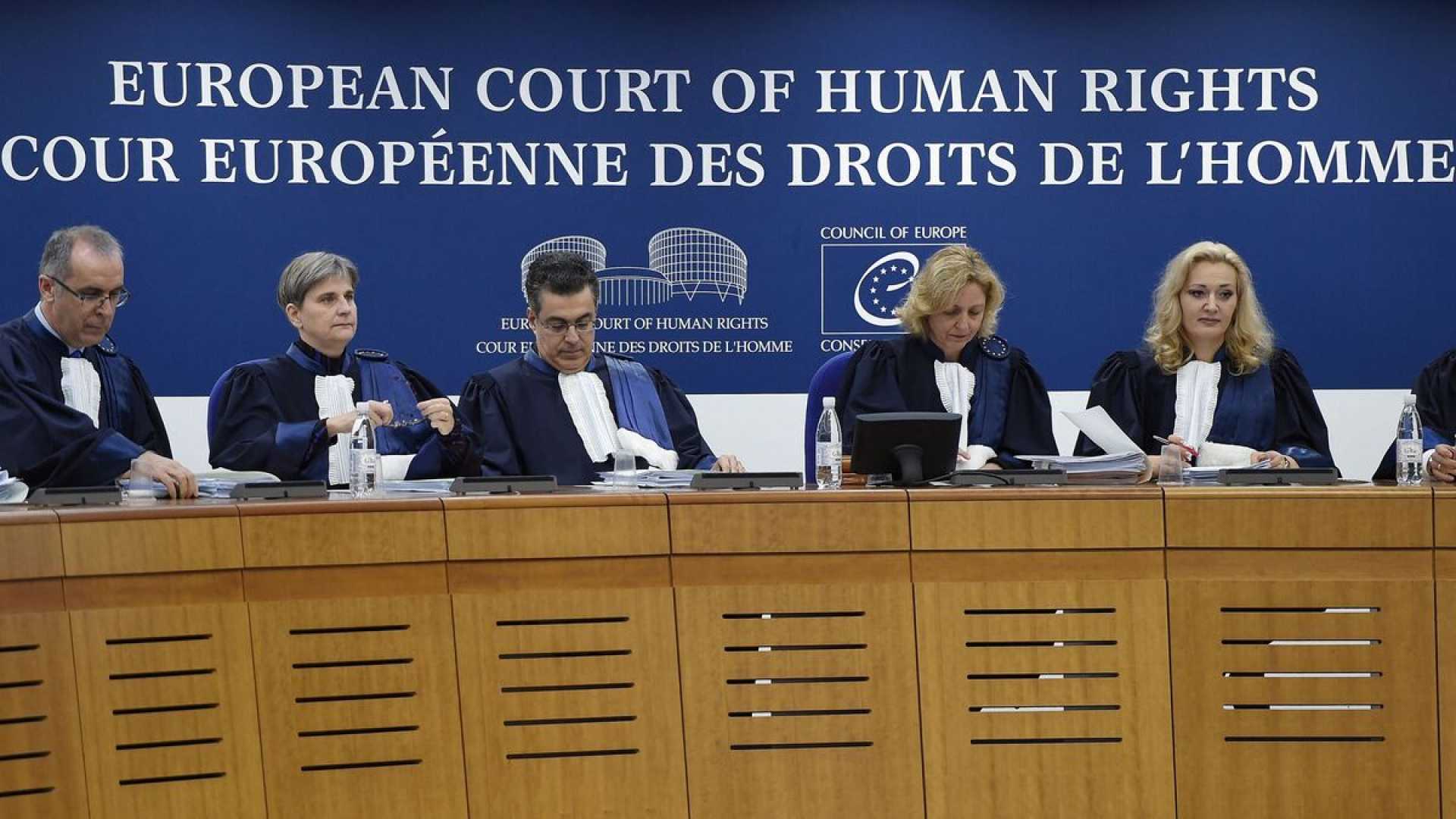Politics
Albanian Criminal’s Right to Stay Sparks ECHR Debate

An Albanian national, initially deported from Britain, has successfully challenged his removal using the European Convention on Human Rights (ECHR). The case has reignited discussions about the UK’s adherence to the ECHR and its implications on immigration policies.
The individual in question, Ardit Binaj, aged 32, was previously sentenced to two and a half years in prison for burglary. After serving six months, he was deported but re-entered the UK illegally to join his Lithuanian girlfriend, who has legal residency under the Government’s EU settlement scheme. Binaj and his partner, Diana Bolgova, later married and had a child, which formed the basis for his legal argument that deportation would violate his Article 8 rights under the ECHR, which protects the right to family life.
This development has added fuel to the ongoing debate about the UK’s membership in the ECHR, particularly among Conservative leadership contenders. Some leaders, such as Robert Jenrick, advocate for leaving the convention, criticizing it as “a charter for criminals” that hinders the UK’s ability to deport foreign offenders.
Jenrick’s sentiments echo wider criticisms aimed at Article 8, which has been accused of offering loopholes to immigrants with criminal records. The article has been a focal point of controversy since former Home Secretary Theresa May‘s efforts to redefine its interpretation in deportation cases.
In support of his claim, Binaj cited his wife’s severe medical conditions as a critical factor. The tribunal agreed, ruling that it would be “unduly harsh” for Binaj’s wife and child to face separation, especially given her mental health issues and difficulties accessing proper medical care in Albania.
The Home Office, under then Home Secretary James Cleverly, contested the decision, arguing that public interest demands the deportation of criminal offenders like Binaj. Despite these objections, the tribunal upheld Binaj’s appeal, emphasizing the ECHR’s stance on family unity over Binaj’s criminal background and past illegal entries.
This case has intensified the debate on the UK’s sovereignty concerning migration and legal frameworks, with some political figures suggesting a complete review or reform of ECHR memberships or potentially exiting the convention, while others stress the importance of sticking to international agreements.
The Home Office continues its determined efforts to enforce deportation laws, stressing increased immigration enforcement under the current government, which includes the removal of individuals who do not have the right to reside in the UK.












